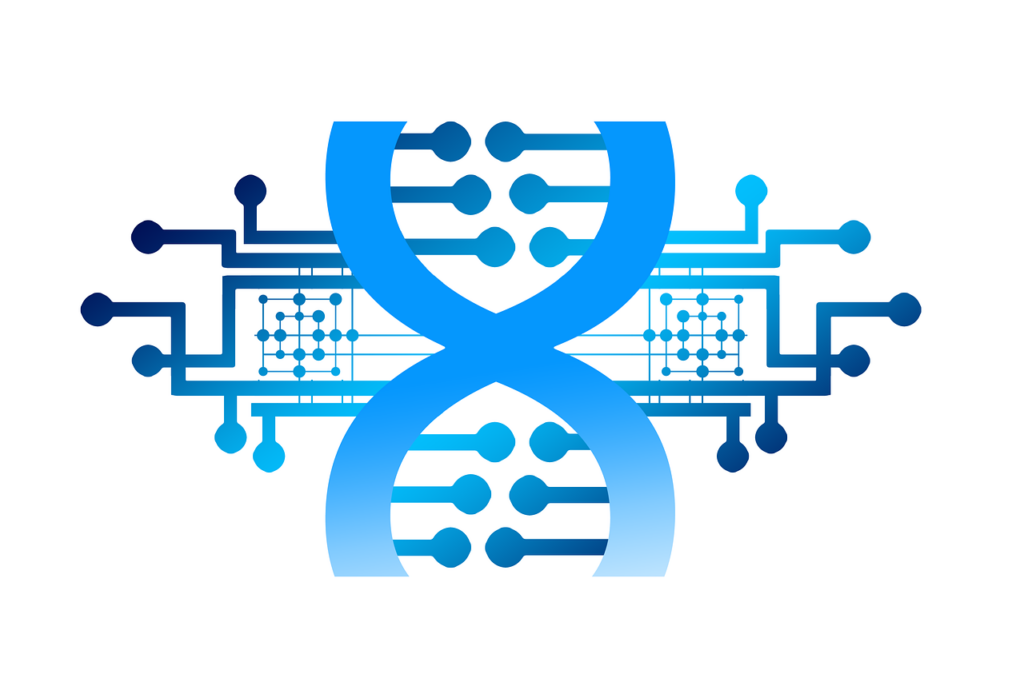Implications of Informed Consent: Lessons Learned from Henrietta Lacks on Patient Rights, Medical Ethics, Transparency and Research

The story of Henrietta Lacks is about a young Black woman, mother of five children, who was diagnosed with cervical cancer and treated at Johns Hopkins Hospital in Baltimore. Henrietta Lacks passed away in 1951 at the age of 31 from what was later known as an aggressive type of cervical cancer. Her cancer cells were the first human cells that could grow indefinitely. They became one of the most extensively used cells in researching and developingvaccines, cancer treatments, and genetics. The cell line was and is today referred to as HeLa cells, derived from the first two letters of her first and last name [1].
What has only recently been revealed about Henrietta Lacks is the story of her life and how she contributed to science and discovery posthumously. Her contributions went largely unrecognized until more than two decades after her death.
The story of Henrietta Lacks first came to light in the early 1970s, long after her cells were taken without her knowledge or consent. The first public mention of Henrietta Lacks and her cells was in a 1976 article published by journalist Michael Rogers in Rolling Stone magazine. The article, titled “The Double-Edged Helix,” briefly mentioned the use of HeLa cells and introduced readers to the story of Henrietta Lacks [2].
However, it was not until the publication of the book “The Immortal Life of Henrietta Lacks” by Rebecca Skloot in 2010 that the whole story and the impact of HeLa cells on medical research became widely known [3]. Skloot’s book delved into the personal history of Henrietta Lacks, the scientific significance of her cells, and the ethical and legal issues surrounding their use. The book’s publication brought significant attention to Henrietta Lacks’ story, leading to renewed discussions about consent, patient rights, and the ethics of using human tissues in medical research.
The Henrietta Lacks case has taught us several important lessons that have significantly impacted medical ethics, research practices, and patient rights. Here are some key lessons we have learned from the Henrietta Lacks journey:
- Informed Consent: The story highlighted the importance of informed consent in medical research. It revealed the need for researchers and medical institutions to provide clear and comprehensive information to patients in a way that patients can consume and understand before using their tissues or biological samples for research purposes.
- Patient Autonomy: The story underscored the significance of respecting patient autonomy and the rights of individuals over their biological materials. It emphasized that patients should have control and agency over the use and disposition of their tissues and genetic information.
- Privacy and Confidentiality: The story raised awareness about the need to protect patient privacy and confidentiality, particularly regarding personal health information and genetic data. It highlighted the importance of safeguarding sensitive information and ensuring appropriate consent for its use.
- Ethical Responsibilities: The Henrietta Lacks story highlighted the ethical responsibilities of researchers, medical professionals, and institutions involved in medical research. It emphasized the obligation to prioritize the rights and well-being of research participants, maintain transparency and honesty in research practices, and uphold ethical standards when using human tissues or biological samples.
- Equity and Justice: The story drew attention to historical injustices and disparities in medical research, particularly affecting vulnerable and marginalized communities. It prompted discussions on the importance of addressing these inequities, ensuring fair access to the benefits of medical research, and involving communities in decision-making processes regarding research and sample use.
- Compensation and Benefit Sharing: The Henrietta Lacks case sparked discussions about the need for fair compensation and benefit sharing for individuals whose tissues or biological materials contribute to profitable research or commercialization. It highlighted the importance of addressing exploitation issues and ensuring that individuals or their families receive appropriate recognition and compensation when their biological samples contribute to significant scientific or commercial advancements.
- Education and Awareness: The Lack’s family litigation with biotech increased public awareness about medical research practices, informed consent, and patient rights. It emphasized the need for education and awareness campaigns to empower individuals to make informed decisions about their healthcare and research participation.
These lessons have had a lasting impact on medical research ethics and have led to the development of guidelines, regulations, and policies to protect patient rights, ensure informed consent, and promote ethical conduct in scientific research involving human tissues, biological samples, and personal health data that is derived from research activities.
References
[1] HeLa https://en.wikipedia.org/wiki/HeLa
[2] Rogers, Michael. “The Double-Edged Helix.” Rolling Stone,209 (March 25, 1976): 48-511976. https://www.rollingstone.com/culture/culture-news/the-double-edged-helix-231322 (Accessed November 23, 2023).
[3] Skloot, Rebecca. The Immortal Life of Henrietta Lacks. New York: Crown Publishers, 2010.




